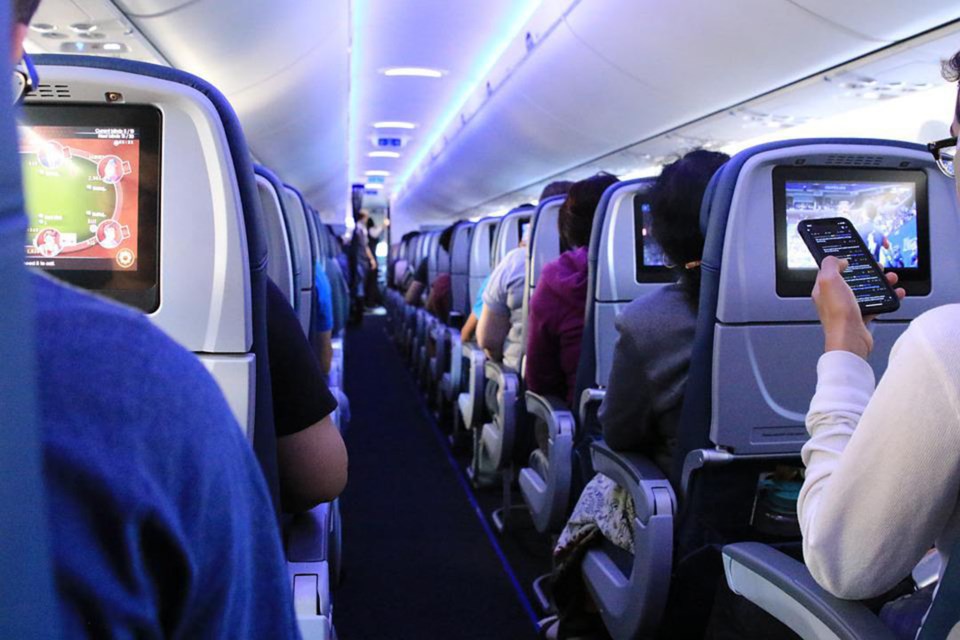CALGARY – At the federal Liberal government’s request, the Federal Court has postponed the trial date for the legal challenge aiming to strike down the federal government’s travel ban on the unvaccinated.
The Justice Centre for Constitutional Freedoms, based out of Calgary, Alta., strongly opposed the federal government’s request to adjourn the case. The Sept.19 hearing has been adjourned to Oct. 31.
"We are eager to have this matter heard in court," said JCCF lawyer Eva Chipiuk.
"Similar Covid mandate cases have been adjudicated in the United States, India, and New Zealand. Courts around the world have found that governments must respect fundamental human rights, including the right to bodily autonomy, which means individuals have the right to decide freely on what medical treatment they wish to receive, and the fundamental right of mobility, to enter and leave a free and democratic country."
The Federal Court granted the government an adjournment, ruling that any prejudice against the applicants represented by the JCCF could be addressed by awarding costs, a monetary amount for legal expenses. The Court ruled that although none of the federal government’s requests individually justified a delay, "taken together, they constitute the kind of extraordinary circumstances that justify adjourning a hearing."
In October of 2021, the federal government required anyone travelling by air, train, or ship, receive the required number of Covid shots in order to travel. The travel ban prevented approximately six million vaccine-free Canadians from travel within Canada and prevented them from flying out of Canada.
On June 14, the federal government issued a news release announcing that effective June 20, vaccine requirements would be suspended for “domestic and outbound travel, federally regulated transportation sectors and federal government employees.”
Canada’s new definition for vaccination that now includes required boosters, however, could double or triple the number of affected Canadians should the travel mandate be renewed in the future, said the JCCF.
"Canada was one of the few countries in the world that had a travel ban on unvaccinated citizens flying within the country and to different provinces. This travel ban has not been cancelled, only suspended, and so court action must continue,” said Chipiuk.
"Canadians cannot live in a country which will not permit them to freely leave for business, for necessary medical care, to see loved ones abroad, to vacation, or simply to move away," added Chipiuk. "Any country that makes receipt of a drug or medical treatment a condition to departing the country has lost all semblance of freedom and respect for human dignity."
The constitutional lawsuit
In March, the JCCF filed evidence on behalf of 11 witnesses, including five expert witnesses. The evidence filed reveals how Canadians involved in the lawsuit can’t travel to help sick loved ones, get to work, visit family and friends, access health care outside of Canada, take international vacations, and live ordinary lives.
JCCF said that expert medical evidence filed with the court ranges from scientific evidence about Covid spread among both vaccinated and unvaccinated, risks associated with taking the new Covid shots, vaccine harms such as myocarditis and possible effects on fertility, and the superiority of natural immunity.
In April, the federal government filed evidence on behalf of 16 witnesses, including five experts in defence of the travel ban. In June, constitutional lawyers from the JCCF cross-examined all of the government witnesses in preparation for the trial in September.
The adjournment
On June 19, the federal government issued a letter saying the adjournment was required because the urgency of the applications had been significantly reduced, the need for a minimum of 18 business days to prepare an official translation of Canada’s Memorandum of Fact and Law, and a recent unexpected need to reassign a senior lead counsel for the applications.






